Often, we picture classic anxiety symptoms as worrying or overthinking. However, there are different ways anxiety can manifest itself that we may not realize. Take a look at what these are.
Here’s decoding the different signs and symptoms of anxiety and the unexpected ways it can manifests itself.
In times when being productive without losing our jobs, affording a decent living without losing our mind has become a necessity, anxiety seems to be no friend of ours. We all have got umpteen number of personal reasons to have our cortisol rise. Most of us wake up in the morning to survive the day; not live.
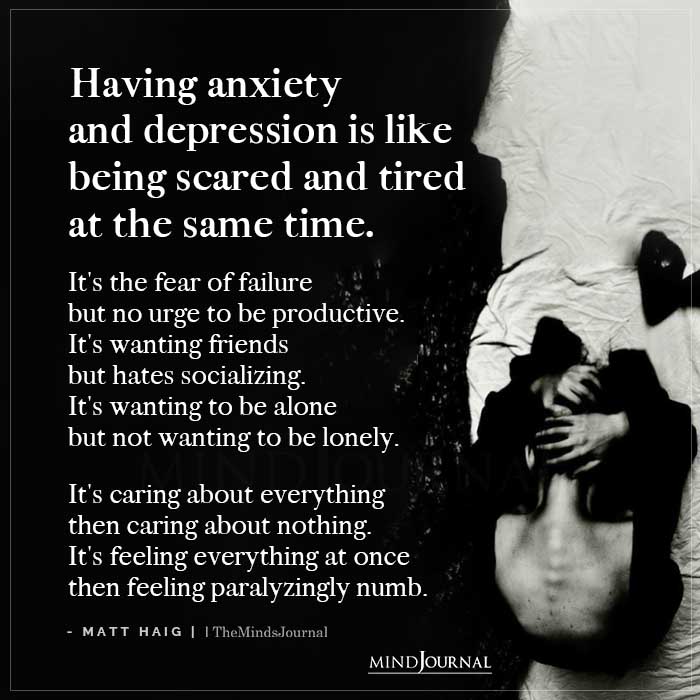
Stress has become our constant companion where our expectations are increasing in leaps and bounds while we toss a nonchalant look at our potential. And when this is backed by our rational knowledge of uncertainty, we are overwhelmed with the urge to respond in a faulty manner to everyday situations. That’s how we invite stress and anxiety.
“The presence of unpredictability, uncertainty, and uncontrollability, all provoke anxiety pretty automatically,” says Sally Winston, co-director of the Anxiety & Stress Disorders Institute of Maryland (ASDI). “It’s a signal of either an internal or an external threat.”
Related: What Is Stress? 13 Signs, Causes, And Mental Health Affects
What is anxiety?
The American Psychological Association (APA) defines anxiety as “an emotion characterized by feelings of tension, worried thoughts, and physical changes like increased blood pressure.”
Anxiety may arise in response to apparently harmless situations or may be out of proportion to the actual degree of the external danger.
However, anxiety, in small doses, is a naturally adaptive emotion that occurs in response to danger and prepares an organism to cope with the environment, playing a critical role in its survival.
For example, it is very natural to feel a bit apprehensive and anxious during a job interview. And it’s beneficial too as it prepares us to be more presentable and cautious about ourselves during the interview, increasing our chances of performing better.
Read How to Reclaim Your Power Absorbed by Anxiety: 5 Ways
So to say, we are technically not preparing ourselves to be devoid of anxiety all together.
5 different ways anxiety can manifest itself:
Apart from the general symptoms of apprehension and worry, anxiety has several other ways to manifest itself through symptoms.
1. Physical symptoms of anxiety:
These are the symptoms which we experience in our bodies due to the activation of our sympathetic nervous system as a response to perceived danger.
- A feeling of restlessness, feeling “on-edge”
- Dyspnea– Shortness of breath, choking feeling
- Sweaty palms
- Palpitations
- Feelings of tightness in the chest.
- Muscle tension, trembling, feeling shaky
- “Butterflies” in the stomach;
- Dizziness, or feeling faint;
- lightheadedness
- Hot flashes
- Cold flashes, or feeling chills
- Numbness, or tingling sensations in the extremities of the body like palms and feet;
- Sleep disturbance
- Nausea
- Stomachache
Read Signs And Symptoms Of Generalised Anxiety Disorder
2. Behavioral symptoms of Anxiety:
Behavioral symptoms of anxiety include the ways people behave when they are anxious or a person’s responses to cope with the unpleasantness of anxiety.
- Escaping from anxiety triggering situations – for example, running away from dogs
- Avoidance – Avoiding anxiety producing situations like exams, stage performances, presentations or job interviews.
- Engaging in unhealthy, maladaptive and self destructive behaviour – alcohol or tobacco abuse to get rid of anxiety.
- Limiting one’s own potential to avoid situations which might invariably produce anxiety like avoiding going to work or attending important meetings.
- Getting overly attached to comfort or safety object like avoiding separation from a person.
Related: Coping With Generalized Anxiety Disorder:19 Simple Tips
3. Emotional symptoms of anxiety:
Anxiety also evokes in us certain feelings. The ways we describe the feelings of anxiety include words such as:
- Nervousness
- Distress
- Worry
- Uneasiness
- Feelings of doom
- Feelings of dread
- Terror
- Overwhelming feelings
4. Cognitive symptoms of anxiety:
When we feel anxious, we often experience a number of thoughts. Although the content of the thought a person has may vary individually based on context but a few common themes include:
- “I am going crazy”
- “I am going to die.” (accompanied by physiological symptoms like tightness in the chest, dizziness and dyspnea)
- “Something really bad is going to happen.”
- “I won’t be able to escape.”
- “Am I having a heart attack?”
5. Other cognitive symptoms include:
- Poor decision making,
- Lack of concentration,
- Difficulties in remembering things.
When does normal anxiety take a turn to anxiety disorder?
Anxiety which is occasional and short lived are experienced by everyone of us. When the stimuli generating anxiety in us is removed, normally every individual returns back to function at their optimal level.
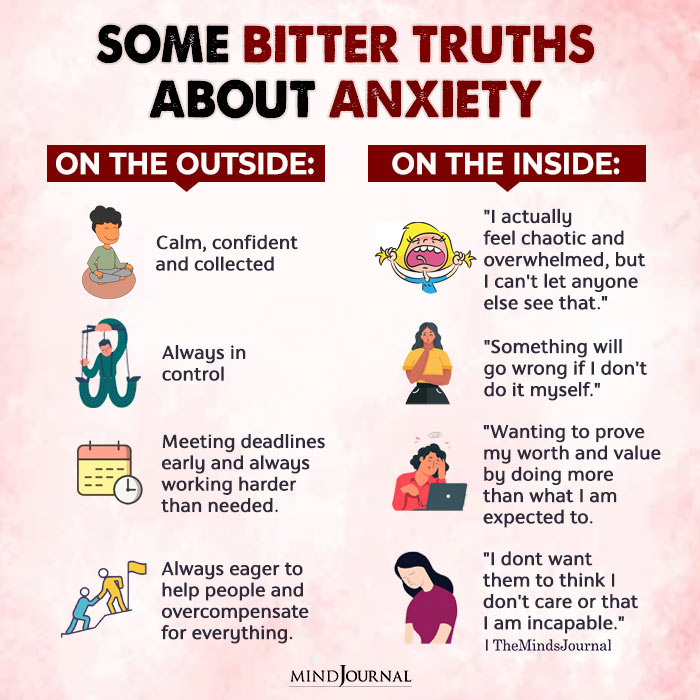
When the physiological, cognitive and behavioural symptoms of anxiety are persistent, intense and chronic and causes significant interference with the ability to perform daily activities and disrupts the individual’s general level of functioning in several aspects of professional and personal life, we can easily tag it as the manifestation of anxiety disorder.
Such excessive and irrational worry and speculation of danger is not a part of our natural reaction.
Whether your anxiety warrants the attention of mental health professionals depends on several factors like:
- the degree or level of distress caused by the anxiety symptoms
- the level at which the anxiety symptoms interferes with a person’s ability to pursue work and academic life, socialize and manage daily tasks.
- the context in which the anxiety occurs (specifiers)
The symptoms of anxiety disorders have psycho physiological, emotional, cognitive and behavioral connotations. Anxiety disorder can also manifest itself in a distinctive set of physiological signs that arise from overactivity of the sympathetic nervous system or tensions in the skeletal muscles.
Read How Mental Health Counseling Helps Reduce Stress and Anxiety In Reproductive Cancer
Anxiety can manifest itself in various ways, the basic appearance of which is similar but different types of anxiety disorders differ in their manifestations and have different symptomatology and diagnosis criteria.
Being aware of the several ways in which anxiety can turn up, can simply make it easier for you to tackle it in effective ways. Once you know that your anxiety is not rational,based on the context, you can for yourself, determine if you need to seek professional help or not.
References :
Encyclopedia Britannica
Anxiety disorder : An Information Guide
Frequently Asked Questions
How do you know if you have an anxiety disorder?
Some of the most common symptoms of an anxiety disorder are elevated heart rate, feeling nervous and scared, having a strong feeling that something bad is going to happen, and feeling increasingly restless and panicky.
What is the difference between anxiety and anxiety disorder?
Anxiety is a response to stress and usually goes away once the stressor is over. Anxiety disorder looks like normal anxiety at first, but it’s defined by excessive panic, worrying, and a constant sense of doom.
Is bipolar disorder and anxiety disorder the same?
Bipolar disorder and anxiety disorder may seem like they are the same thing, but they’re not. The differences lie behind the triggers that cause these mental health conditions.
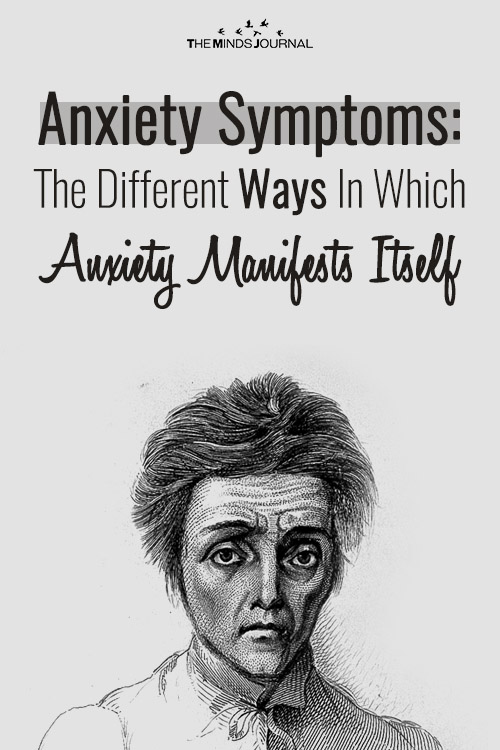
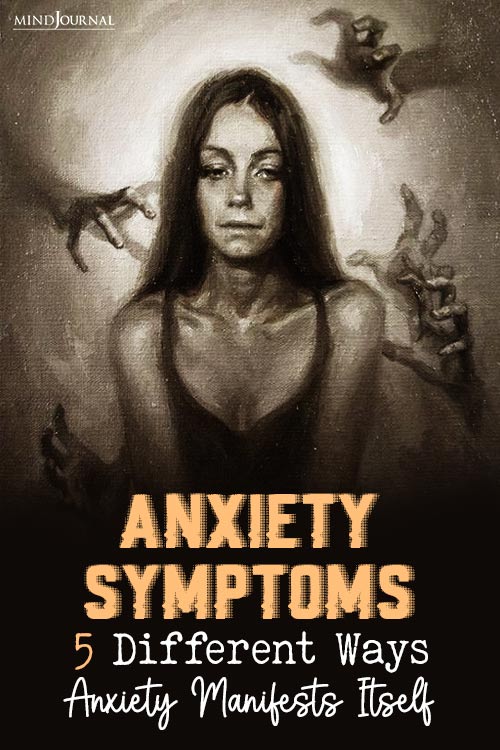
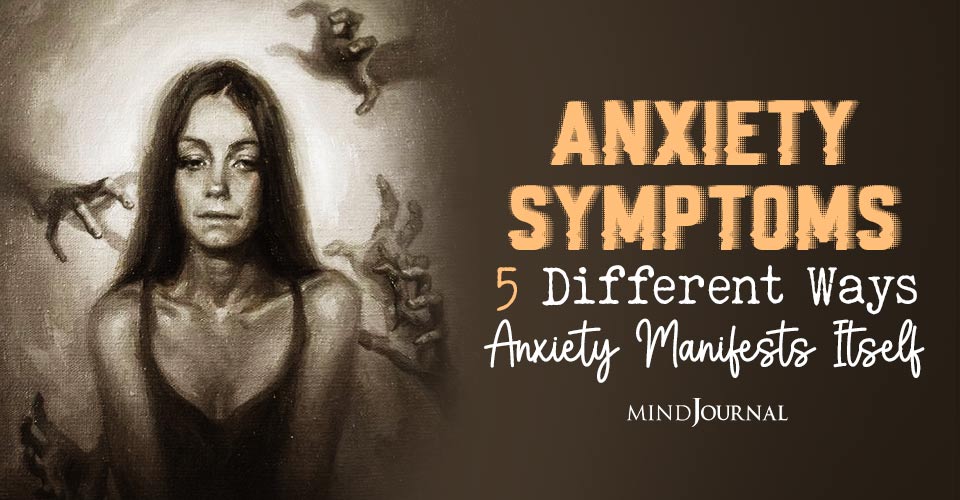







Leave a Reply
You must be logged in to post a comment.